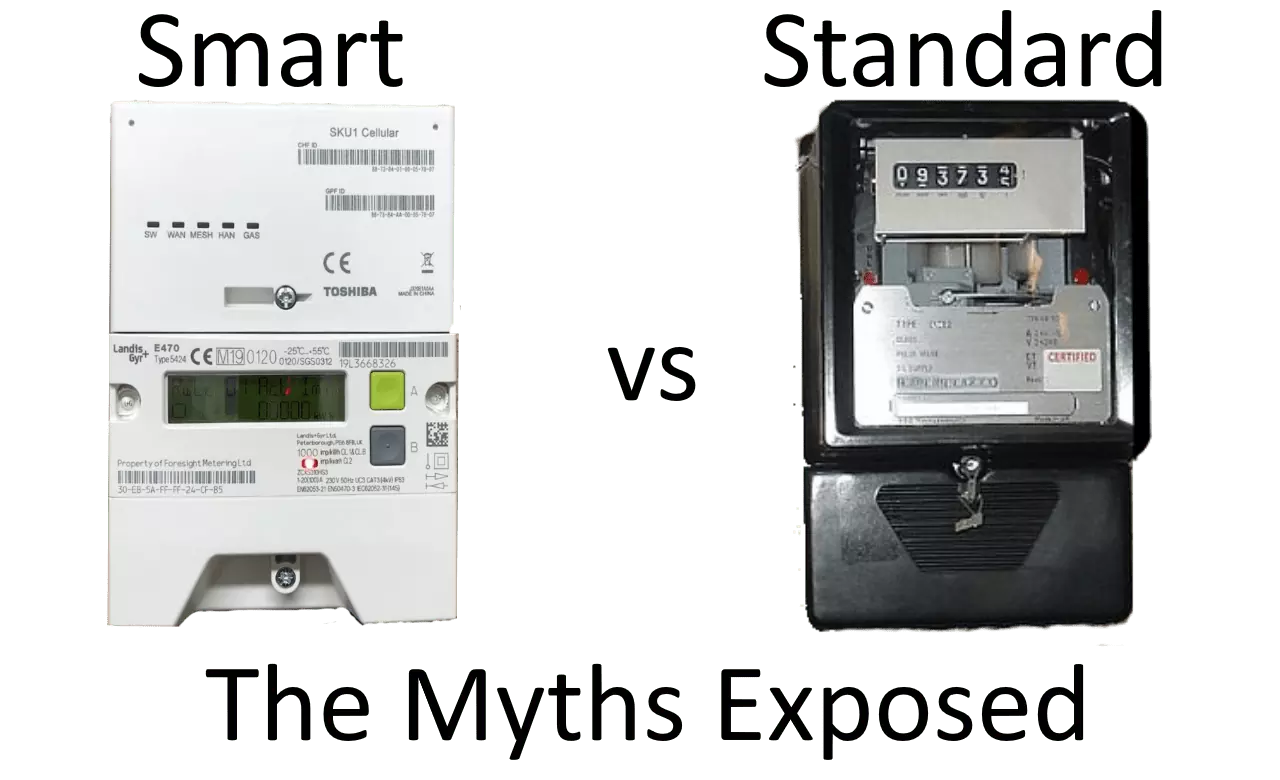 What are the facts about smart meters vs standard meters. In this post I want to talk about the myths of smart meters and how they are better than standard meters to help you save money. Smart meters help you to track your energy use with some accuracy.
What are the facts about smart meters vs standard meters. In this post I want to talk about the myths of smart meters and how they are better than standard meters to help you save money. Smart meters help you to track your energy use with some accuracy.
Smart Meters Vs Standard Meters – The Differences
Standard Meters
Back in the day before digital meters, the older analogue meters used to have a wheel that spins when using energy. You could tell if your energy consumption was high by how fast the wheel was spinning.
But who wants to crawl under the stairs or go outside to open the box to check that?
The newer digital meters have a light that flashes , but there is no change of speed. The supplier would send around meter readers asking for access to your home to read your meters. Or you would have to read them yourself and send the reading in.
Smart Meters
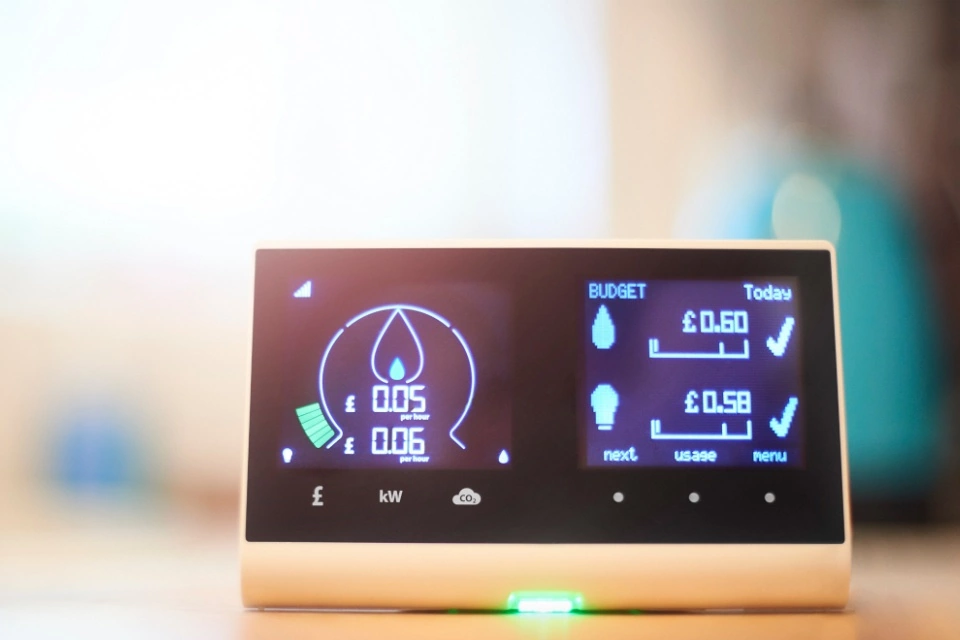 If you have smart meters you will have a monitor showing you what your daily costs are. There is no need for meter readers to come to your home and your energy use is tracked in real time.
If you have smart meters you will have a monitor showing you what your daily costs are. There is no need for meter readers to come to your home and your energy use is tracked in real time.
No more:
- Getting a step ladder and climbing up to read your meter.
- Scrambling through small spaces to read your meters.
- Having to be home for the meter reader.
- No more estimated bills.
Smart Meters Vs Standard Meters – The Myths
Now it’s time to dispel the myths and doubts over smart meters vs standard meters, which some prefer to keep.
There are misconceptions about smart meters that I will help dismiss.
- Smart meters mean higher bills.
- Smart Meters are not safe.
- Smart Meters are another way to spy on us.
- Smart Meters have radiation risks.
- You can’t switch energy suppliers with a smart meter.
- If you rent, you can’t have a smart meter.
Let’s look at these points one at a time.
Smart Meters Mean Higher Bills
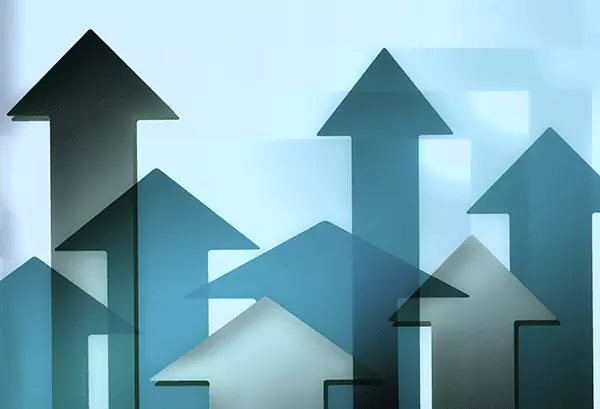 Some people believe they are paying more for their energy because they seem to be getting higher bills. The perception is because the bills have changed and they are more each month, the costs are higher.
Some people believe they are paying more for their energy because they seem to be getting higher bills. The perception is because the bills have changed and they are more each month, the costs are higher.
The facts are that the readings are sent in real time and so there are no more estimated bills. Estimated bills may work out to be more than your use, or less. The only time it “resets” is after the meter reading with the accurate use.
Because you have a monitor to show your use, you can see how much energy you are actually using. This means you can find ways to cut down on your use and thus save money on your energy.
With no more estimated bills, there is no hassle of getting any overpayment from your supplier. Although the suppliers are bound by law to refund you, getting the money back often can be a real task!
Your energy usage is monitored and taken in real time, so your use reflects your bills. If your bills are high, your use is high. If you need any help with finding ways to cut down you bills, see my post on saving money on energy here.
Smart Meters Are Not Safe
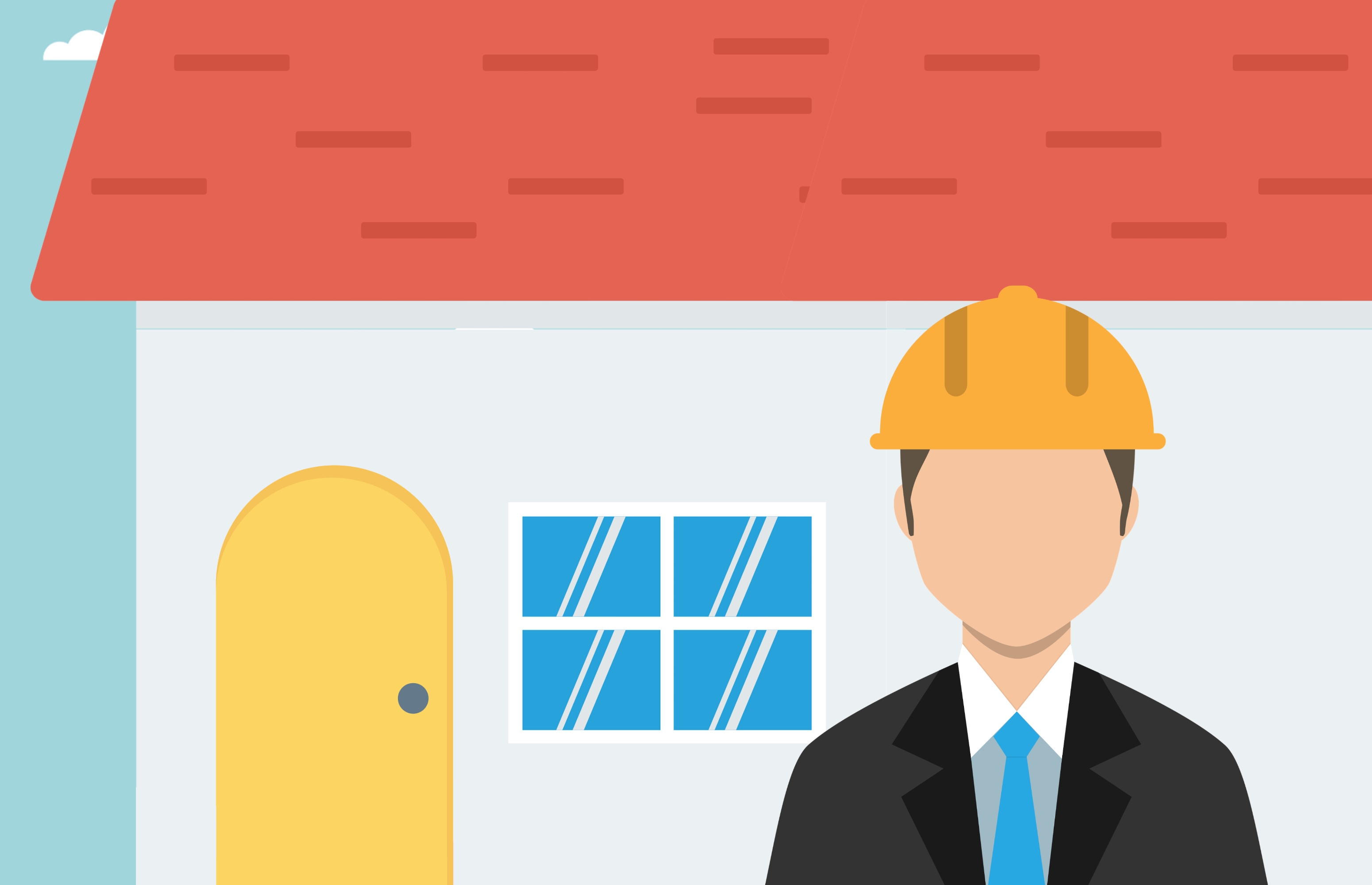 Smart meters follow all UK and EU safety standards, ensuring that they are safe for use in your home. When fitting a smart meter to your gas appliances, trained installers will also perform the necessary tests.
Smart meters follow all UK and EU safety standards, ensuring that they are safe for use in your home. When fitting a smart meter to your gas appliances, trained installers will also perform the necessary tests.
Since 2017 alone 635k situations have been identified as dangerous. These have all been addressed with better training. With this extra attention paid from qualified personnel you can rest assured knowing everything has been taken care of.
Smart Meters Are Another Way to Spy On Us
 A smart meter is a tool that collects data about your gas and electricity usage. You can decide how often you want to share this information with your energy supplier, ranging from half-hourly up to monthly readings.
A smart meter is a tool that collects data about your gas and electricity usage. You can decide how often you want to share this information with your energy supplier, ranging from half-hourly up to monthly readings.
Personal details, such as your name and address, are not stored on or transmitted by the smart meter. There is no way they can spy on you.
Your personal information is safe and no one will know anything about you because of your meters.
Smart meters are a simple, cost-effective way to make your energy usage more efficient. They’re not connected to the internet. They operate on their own secure wireless smart data network. That data is encrypted before sending it back to your supplier. This is the same way that mobile phones communicate with the mobile phone towers.
Smart Meters Have Radiation Risks
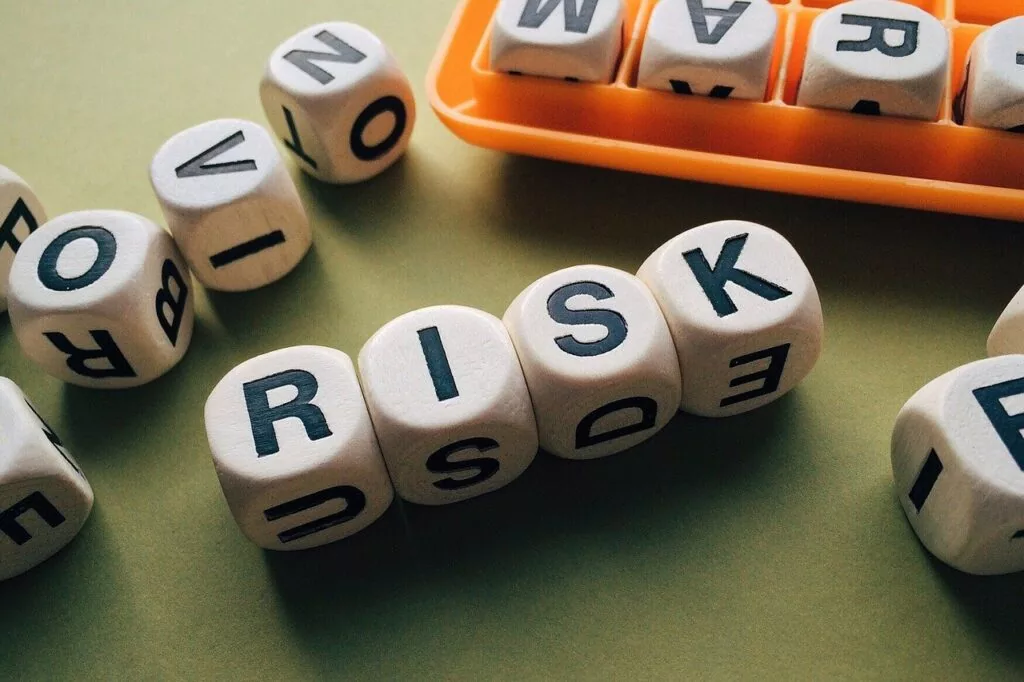 Public Health England (PHE) is a Government watchdog on public health. They say that smart meters emit no risk to the public’s health. They have studied Smart Meters that send bursts of radio waves to send data remotely from electricity and gas meters.
Public Health England (PHE) is a Government watchdog on public health. They say that smart meters emit no risk to the public’s health. They have studied Smart Meters that send bursts of radio waves to send data remotely from electricity and gas meters.
Some people fear they can cause cancer due to radiation exposure. PHE says there are zero risks associated with this technology.
Dr. Azadeh Peyman is a radiation protection scientist at Public Health England (PHE). She said: “We don’t consider concerns over exposure should prevent people from having smart meters.” She also said “the level of radio waves produced is typically one million times less than agreed international guidelines.”
You Can’t Switch Energy Suppliers With a Smart Meter
 You can switch energy supplier with a smart meter, like you would a standard meter. If you have a new second-generation meter, then switching will be easy and keep all your smart features too!
You can switch energy supplier with a smart meter, like you would a standard meter. If you have a new second-generation meter, then switching will be easy and keep all your smart features too!
If it is the first generation though, there may be some interruptions. This won’t stop you changing supplier.
Some people with one of these meters will have a seamless switching experience. The first-generation meters may need upgrading. This will be arranged and fulfilled by the new supplier.
You may have to send in meter readings until they install new meters.
If You Rent, You Can’t Have a Smart Meter
 Your energy supplier owns gas and electricity meters in your home. If you pay the bills, you can always ask for a smart meter. It is recommended by Ofgem that before requesting one you inform your landlord. This is due to possible rules on how energy is supplied within tenancy agreements.
Your energy supplier owns gas and electricity meters in your home. If you pay the bills, you can always ask for a smart meter. It is recommended by Ofgem that before requesting one you inform your landlord. This is due to possible rules on how energy is supplied within tenancy agreements.
If you’re a landlord and pay the energy bills for your tenants, it is up to you to confirm if smart meters are installed. Your tenants can also request them if they think it will help reduce their costs.
I hope this post on smart meters vs standard meters has helped you to understand the myths associated with smart meters.











